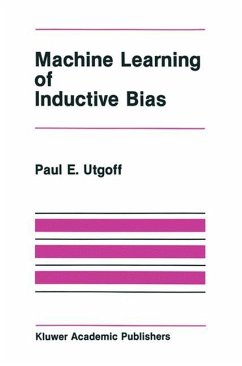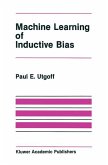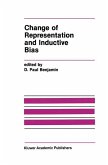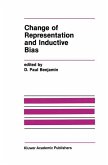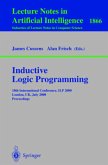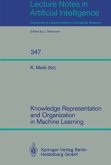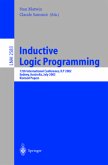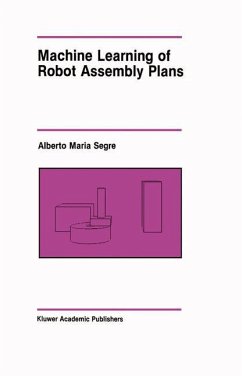This book is based on the author's Ph.D. dissertation. The the sis research was conducted while the author was a graduate student in the Department of Computer Science at Rutgers University. The book was pre pared at the University of Massachusetts at Amherst where the author is currently an Assistant Professor in the Department of Computer and Infor mation Science. Programs that learn concepts from examples are guided not only by the examples (and counterexamples) that they observe, but also by bias that determines which concept is to be considered as following best from the ob servations. Selection of a concept represents an inductive leap because the concept then indicates the classification of instances that have not yet been observed by the learning program. Learning programs that make undesir able inductive leaps do so due to undesirable bias. The research problem addressed here is to show how a learning program can learn a desirable inductive bias.
Hinweis: Dieser Artikel kann nur an eine deutsche Lieferadresse ausgeliefert werden.
Hinweis: Dieser Artikel kann nur an eine deutsche Lieferadresse ausgeliefert werden.

